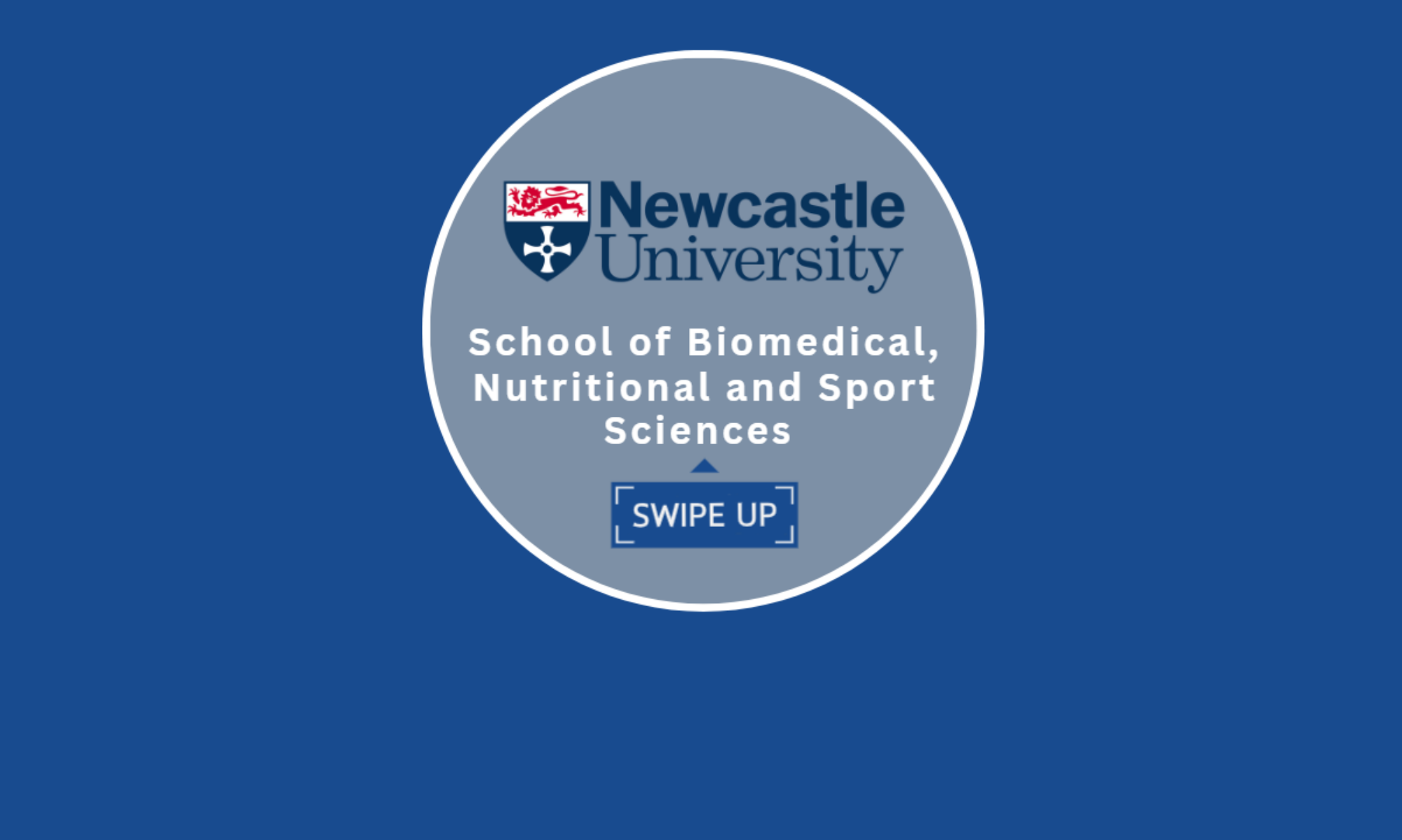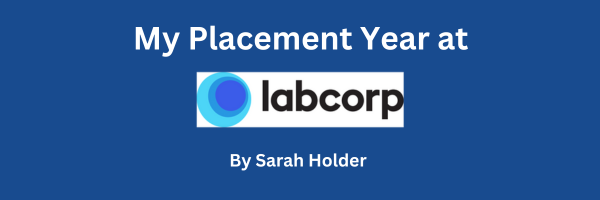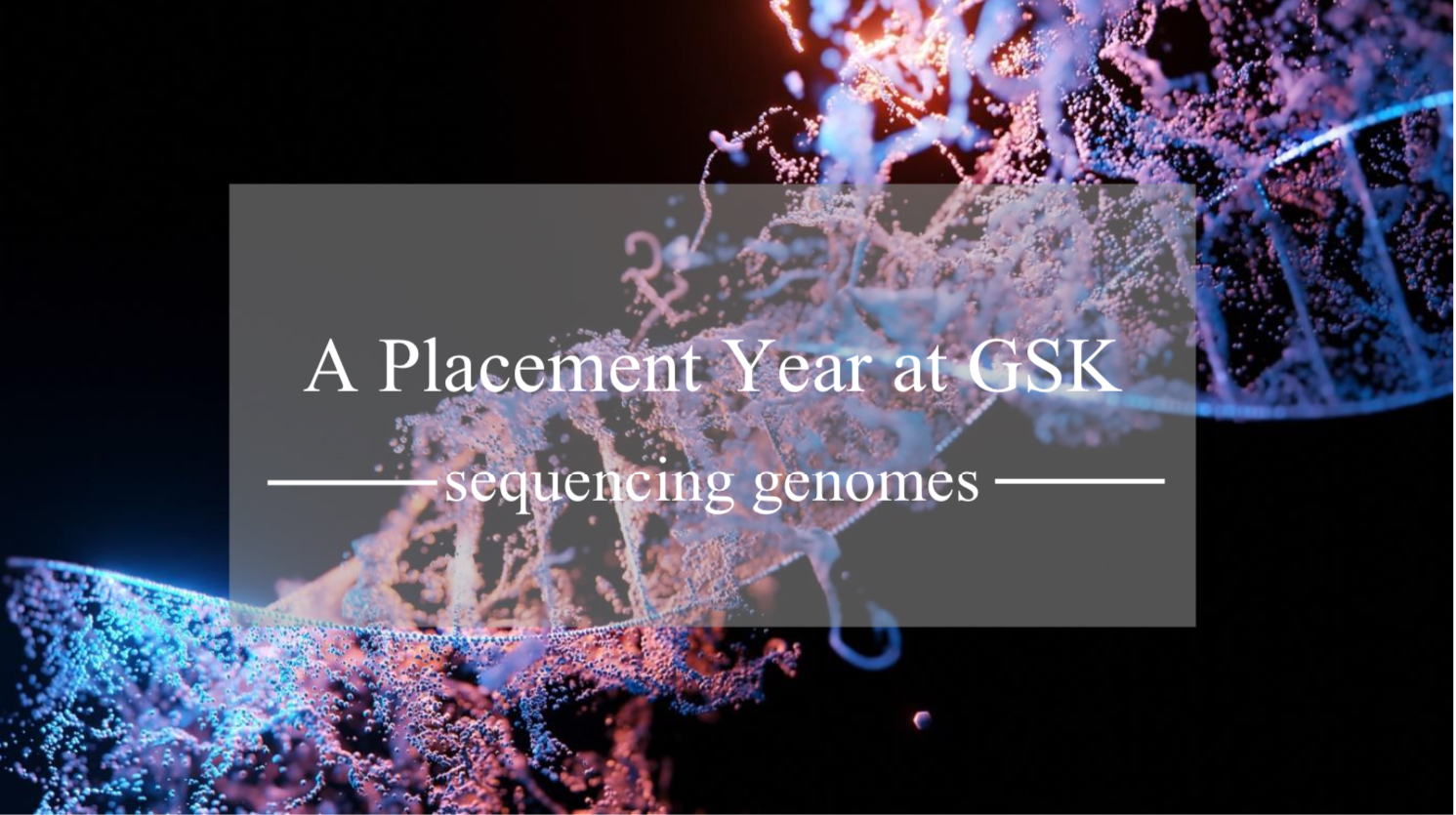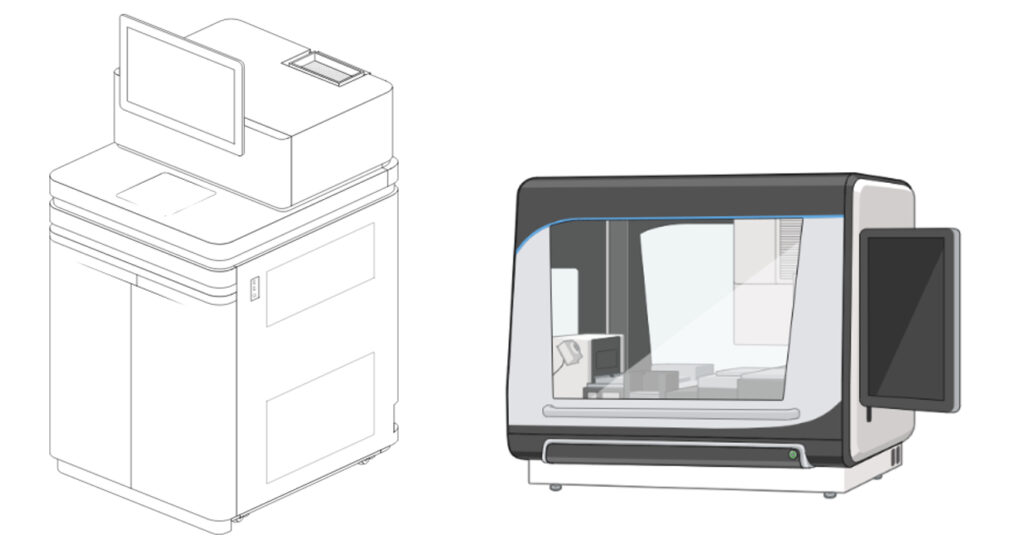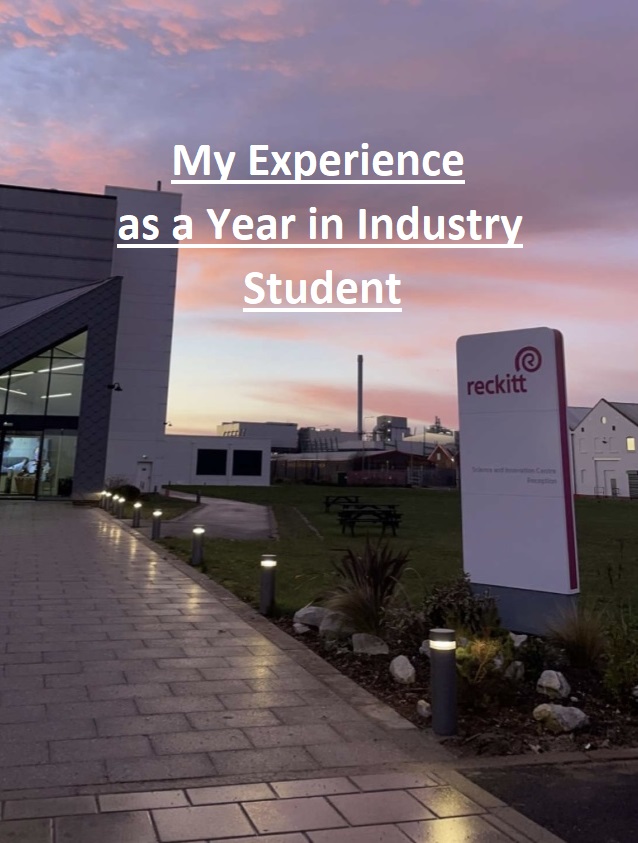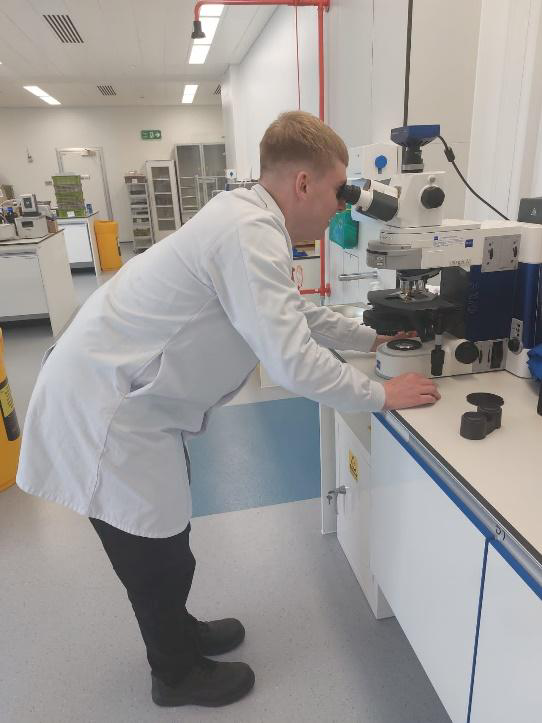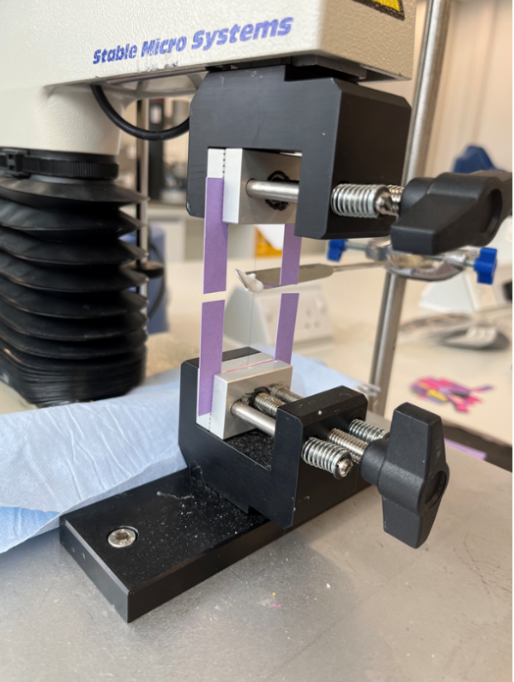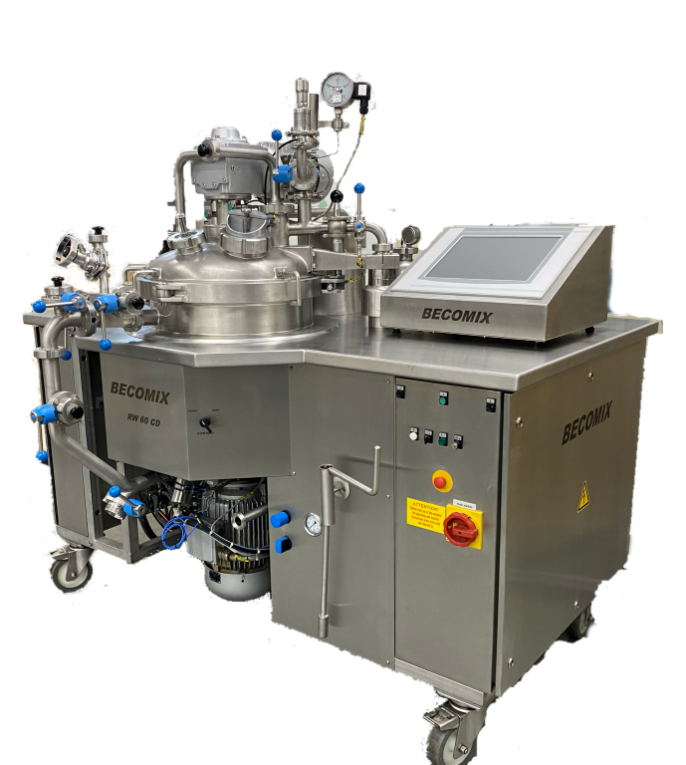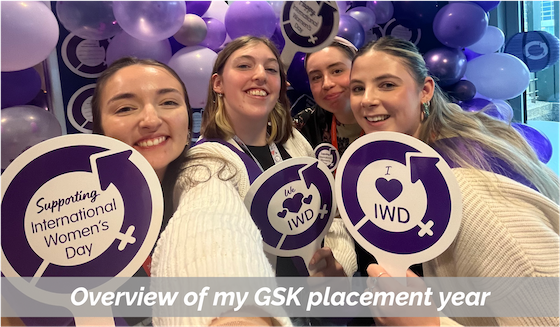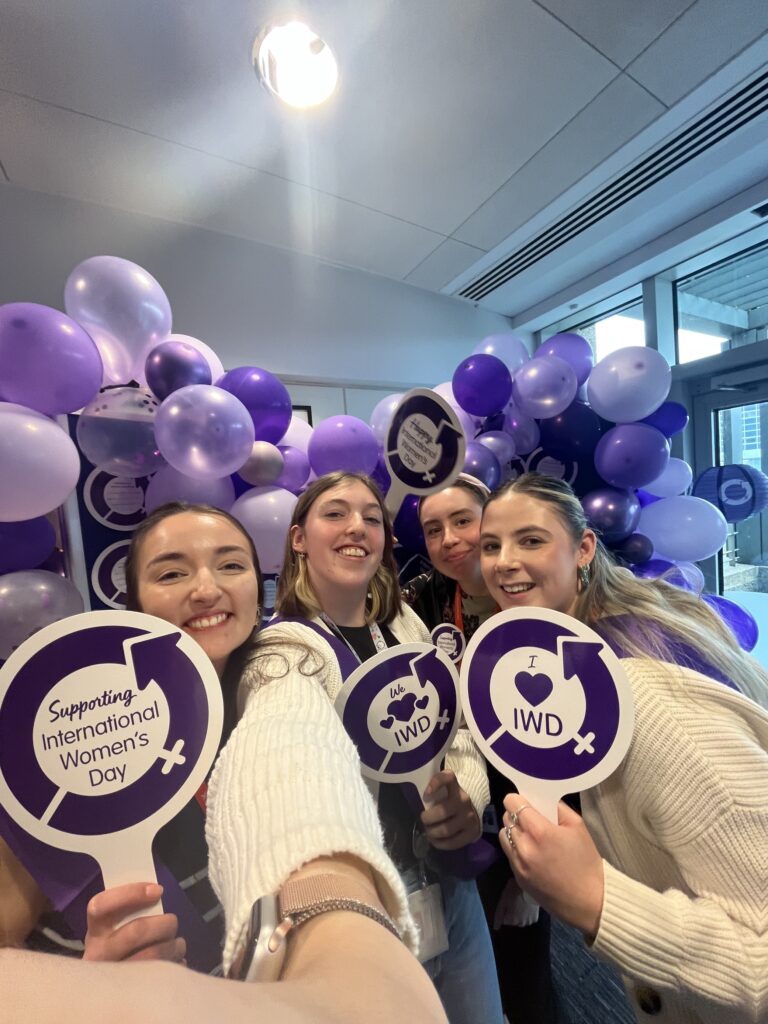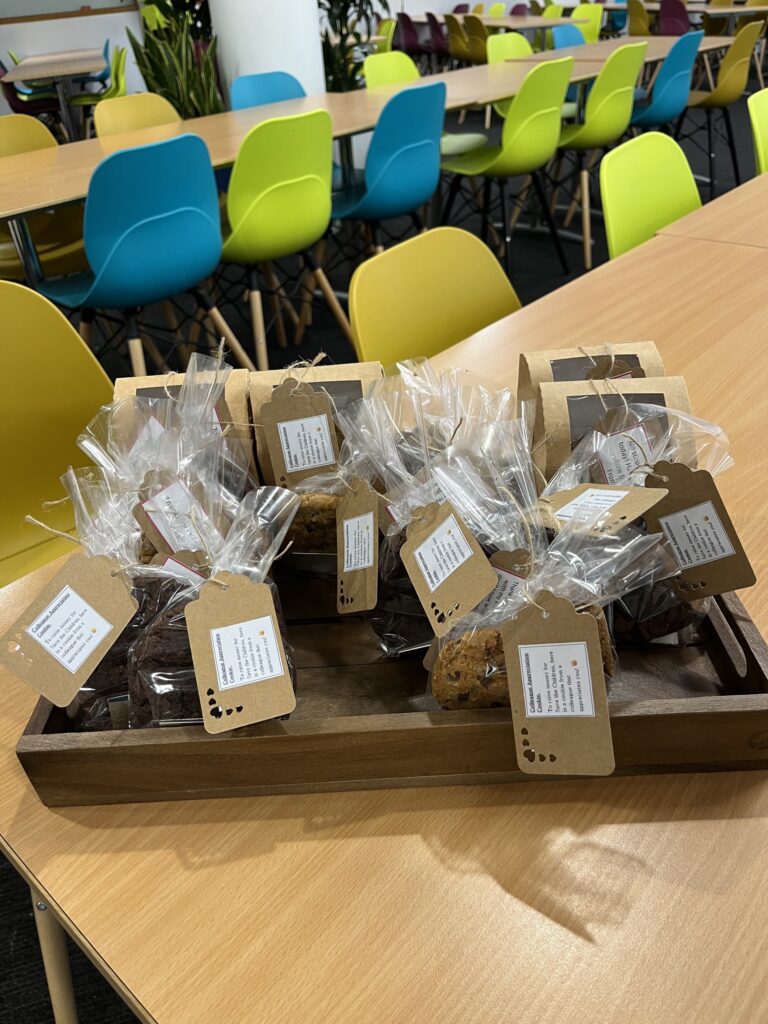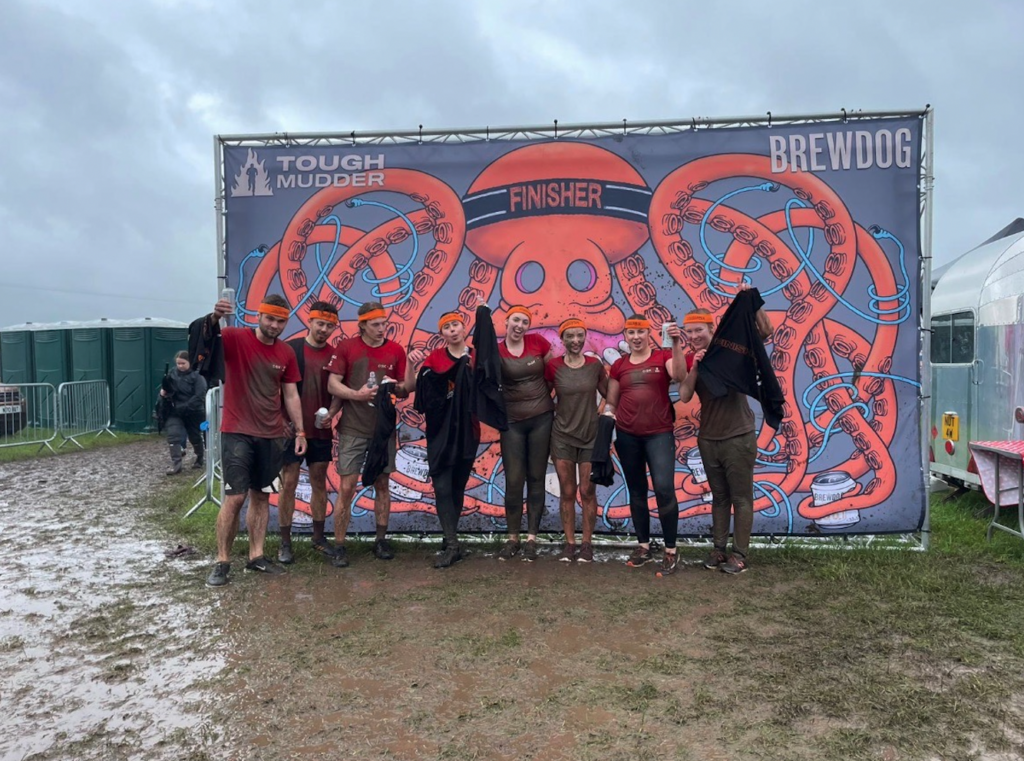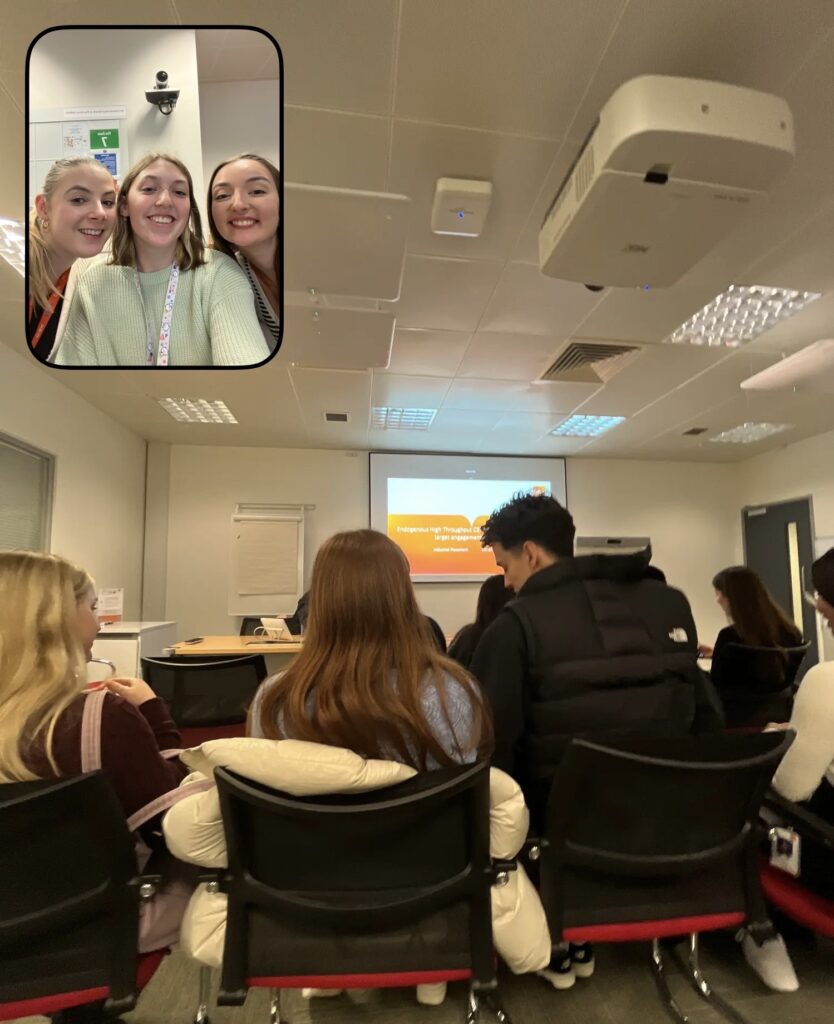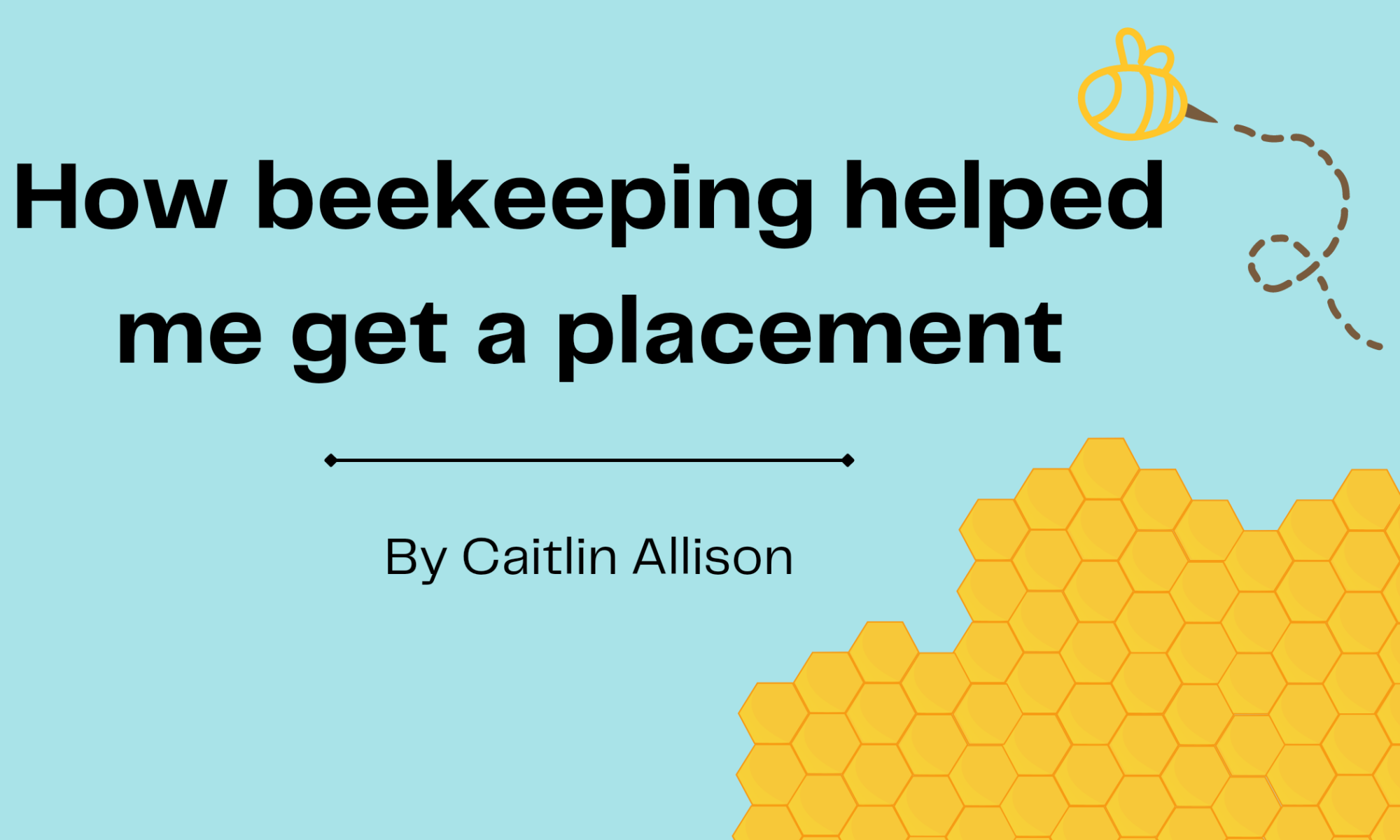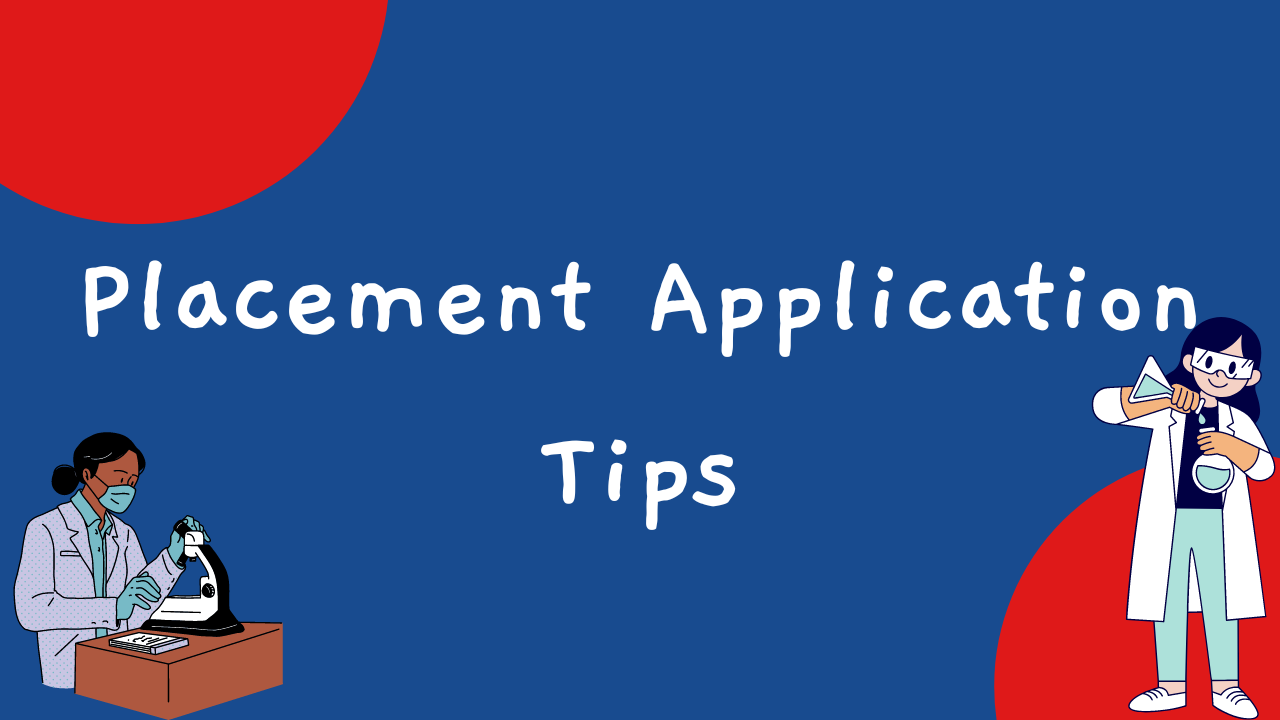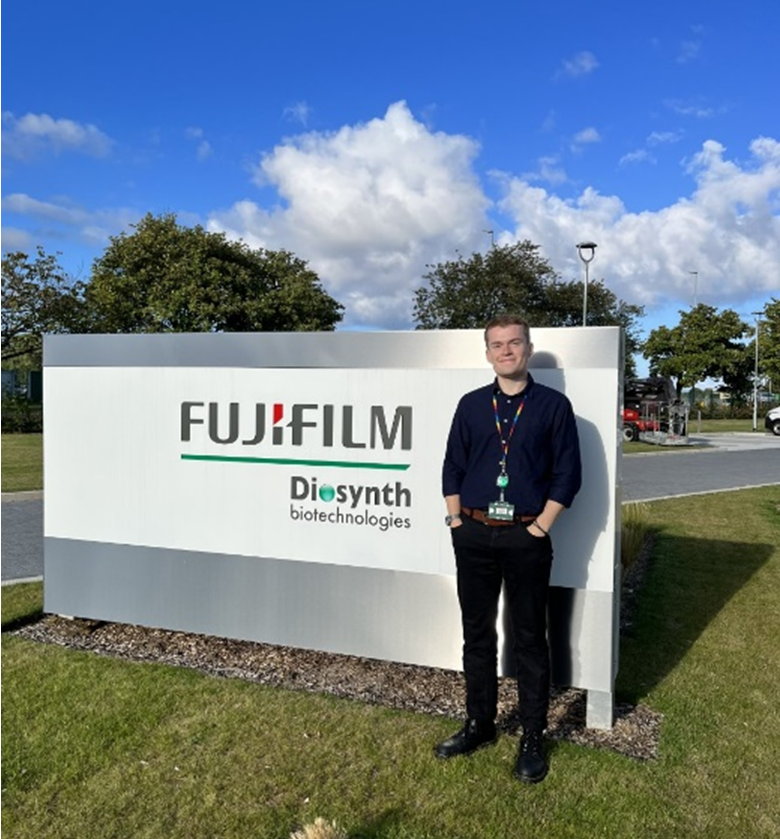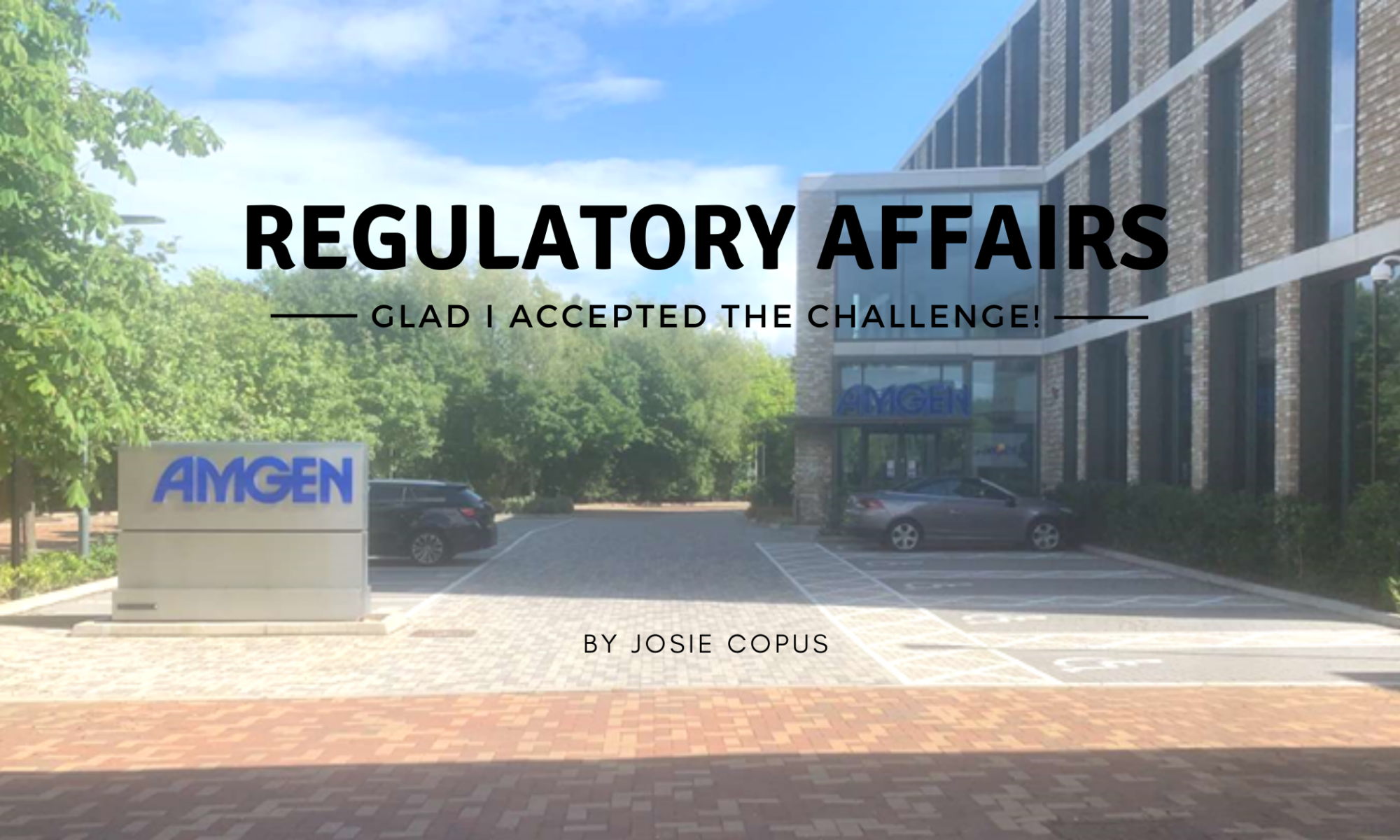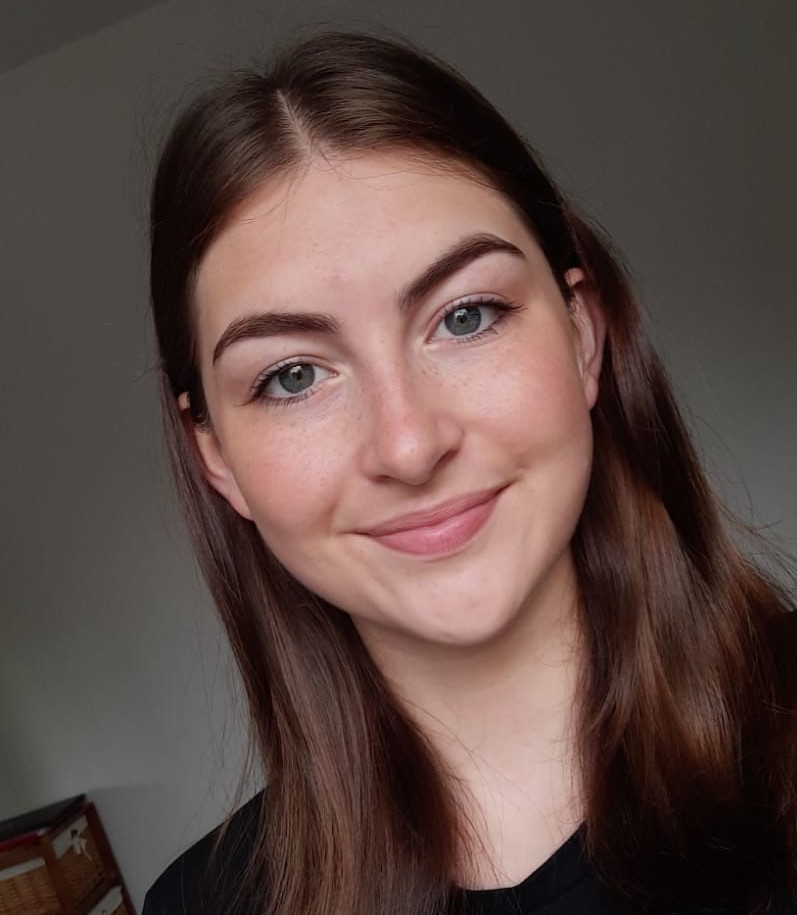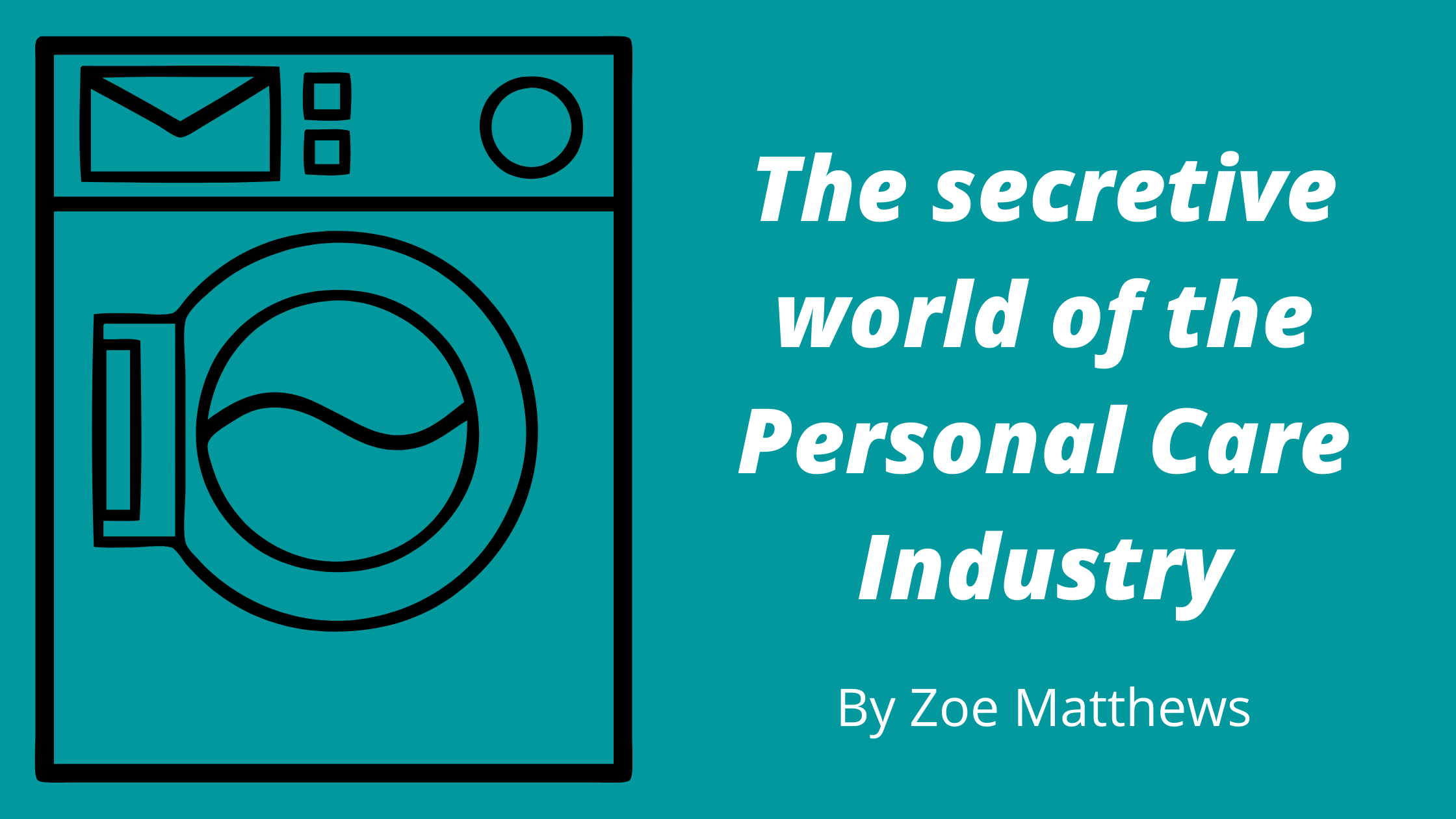By Sarah Holder
The Beginning
All the way back at the start of my second year at Newcastle University, the thought of a placement year was a nice one, but I never thought I’d be one of the lucky few to be offered one! When I came across the advert for the job at Labcorp Huntingdon, I knew it would be the only intern position I wanted to apply for. The role sounded perfect and it was located only half an hour from my home village. I sent off my initial application and then received an invite for an interview! And then another! And another! I couldn’t believe it when I received a phone call in January to say I had been offered the intern position for Immunology and Immunotoxicology 2022-2023. Brilliant!
Background to my Project
Human blood is made up of several major components including plasma, platelets, red blood cells and white blood cells. White blood cells are involved in the body’s response to infection and need to be tested separately to the rest of the blood components to see the best results.

Infections can come in the form of viruses or bacteria. Viruses present markers called epitopes on their surface which the white blood cells use to identify what they are. Bacteria don’t directly present these epitopes but via white blood cells they infect which present their epitopes for them. When these epitopes are come across in the bloodstream, specific white blood cells release chemicals called cytokines to activate the immune response and fight the infection. We were adding epitopes artificially in the form of our stimulants to elicit a response from six different human donors and judge the stimulant that gives the clearest response across the six blood samples.
My Project
My project during my time on placement at Labcorp had two parts. Improving the white blood cell isolation method and investigating white blood cell responses to positive controls we added to them and attaching fluorescent green and red markers to the different cytokines produced. We had longer to plan my project than expected so it didn’t get into the lab until May, creating more pressure for everything to go smoothly once it was underway. If anything had gone drastically wrong, we wouldn’t have had enough time to order the reagents required for another attempt. The images taken at the end were full of fluorescent spots so the project worked!

My project has provided a future method for FluoroSpot assays to be carried out at Labcorp on our Huntingdon site which will hopefully be able to bring more revenue into I&I. Future research into the method we developed for my project could be done to optimise it further and make it a more streamlined process.
Life on Placement
I was lucky enough to not only secure a placement but secure a placement I could commute to from my home. Thankfully, my parents were happy to have me back for another year! While the 6:45am wakeup call wasn’t my favourite, I could spend my evenings visiting my friends from home, which was lovely. I worked a mixture of 8am-4pm and 8:30am-4:30pm throughout the week and it was nice actually being able to catch a glimpse of daylight in the winter when leaving at 4pm instead of both arriving and leaving in what feels like the dead of night every day.
Every month a department social was held by the I&I Social Committee. My favourites were the Halloween bar crawl, Christmas party and lab getaway weekend to a lakeside cabin with the team. These really helped me to feel part of the team during my time working at Labcorp.

Summary
I would really recommend a placement year to anyone considering one, the lab experience gained is a perfect CV addition for life after university and the additional skills of working in a team and independently while in an industry setting are invaluable. I was very fortunate and had the best line manager in terms of supporting my transition into a working environment, this was aided massively by the chocolate that magically appeared on my desk every Friday. I’m not sure what my future after university is going to be yet, but thanks to my placement year I know I can join a workplace and adapt to fit in very quickly, and training can be provided if I feel I have any gaps in my knowledge for my future role. No question is a stupid question!
